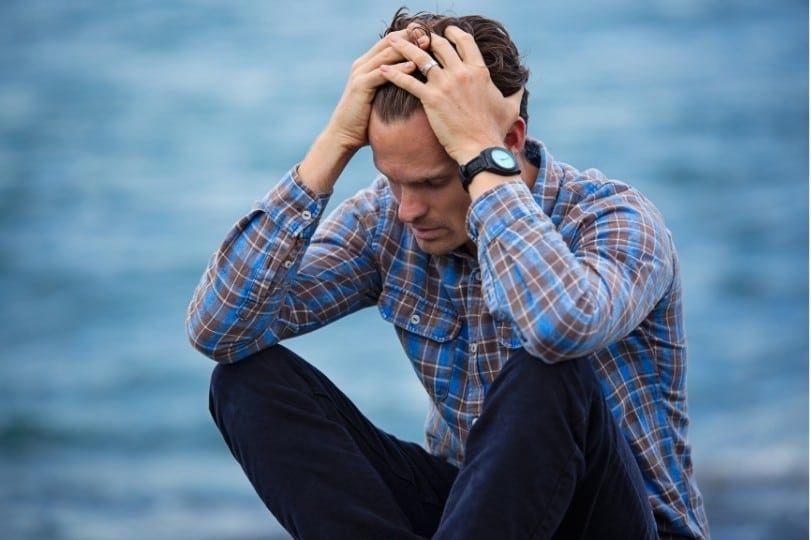
What is Anticipatory Grief?
April 27, 2021
Elderly Fall Prevention: Tips & Strategies to Stay Safe
May 5, 2021Recovering From a Broken Hip: 7 Strength-Building Exercises
For seniors, hip fractures can have a devastating impact on mobility and independence. People once capable of living on their own might now find themselves struggling to walk upstairs, use the toilet, or get out of an easy chair. Even dressing may be a challenge. However, the picture does not have to be so dire. Recovering from a broken hip is possible. With the right determination and a little hard work, older adults can regain the ability to carry out basic tasks with a simple set of exercises.

Tips to keep in mind while recovering from a broken hip
While the hip socket needs the force of gravity to heal properly, there is some movement that will harm your recovery. Your hip will heal better if it stays correctly aligned, so avoid bending your knees, legs, or torso more than ninety degrees. Also avoid crossing your legs whenever you are sitting, standing, or lying down. This might be difficult for some, but fortunately, there are some assistance devices that can help.
- Foam Wedge. Placed between your legs to prevent you from crossing them while you sleep.
- Raised Toilet Seat. Allows you to sit higher up, so you can lift and lower yourself without overextending your hip. Sitting on a high stool while eating or doing chores provides the same advantages.
- Reacher. Lets you pick items off the ground without bending over.
- Sock Aids. Makes it possible to pull your socks on without reaching down to your toes.
In addition to the above, make sure you do not push heavy objects or stay seated for long periods, even if you are not exercising. Keep yourself active but avoid lifting anything until your doctor gives you the all clear.
If you are having trouble staying motivated, try spacing your exercises throughout the day. Seven exercises at once can be tiring, but a few in the morning and a few in the afternoon will keep you healthy without wearing you out. Most can be done in about 30-60 seconds. You can sneak them in during commercial breaks on TV. Pairing a tough activity with a fun activity, like television or the radio, makes it more fun.
Why it is important to stay active
Muscle deteriorates quickly when you are bed bound and immobile. Your strength slips away, making it harder to regain your independence and opening you up to infections, such as pneumonia.
The first thing to remember is recovery starts immediately after surgery, before you even leave the hospital. The next day, you should try and get on your feet at least once, with the help of your physical therapist. He or she will continue visiting you at home, running you through new routines to build your strength. But it is not until therapy ends that the real work begins. If you do not keep exercising, you will lose the progress you have made. Do not let it happen. Falls are unpredictable, but how you recover is up to you.
Brooke McFerren is a Physical Therapist Assistant who works with older adults in Southern California. Through her personal approach to therapy, she has helped countless seniors remain strong, active, and independent during their advancing years.

